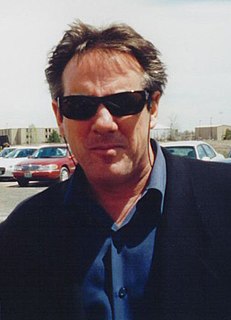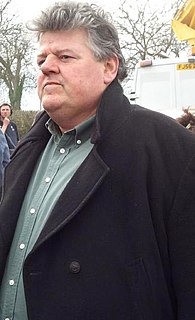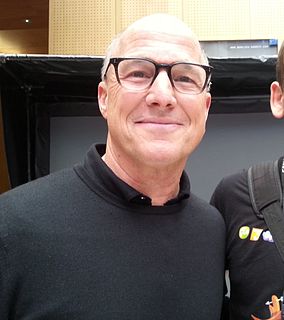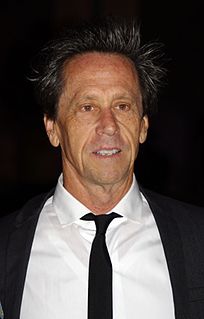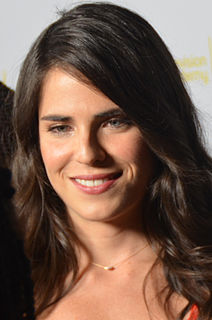A Quote by Stan Lee
I've written so many things over the years that I don't want to go back to being just a scriptwriter. I'm in what I consider to be the enviable position of all I have to do is come up with the idea and write an outline that makes it seem like it's a viable idea that will interest people, and then other people write the scripts -- and I become the executive producer or the producer, depending on how much involvement I have, and I get a creative credit and then move on to the next project.
Quote Topics
Back
Become
Being
Come
Come Up
Consider
Creative
Credit
Depending
Executive
Executive Producer
Get
Go
How
How Much
Idea
Interest
Involvement
Just
Like
Makes
Many
Move
Move On
Much
Next
Other
Outline
Over
People
Position
Producer
Project
Scripts
Seem
Then
Things
Up
Viable
Want
Will
Write
Written
Years
Related Quotes
I'm lucky. I don't have to produce the whole movie. What I've been doing is just coming up with ideas for movies. I write a concept, a treatment, an outline, and if I sell that to a studio, then someone else does the actual production and I go on to another project, although I keep the title executive producer.
When you get an idea, so many things come in that one moment. You could write the sound of that idea, or the sound of the room it's in. You could write the clothes the character is wearing, what they're saying, how they move, what they look like. Instead of making up, you're actually catching an idea, for a story, characters, place, and mood - all the stuff that comes.
I approach song writing three different ways. One way is where I write the initial melody and lyrics first and then take it in to the producer to collaborate. Another way is where the producer sends me his initial musical track ideas and then I write the lyrics and melody over his track. The third way is where we just jam out in the studio and see what we come up with.
When you get an idea, so many things come in that one moment. You could write the sound of that idea, or the sound of the room it's in. You could write the clothes the character is wearing, what they're saying, how they move, what they look like. Instead of making up, you're actually catching an idea, for a story, characters, place, and mood - all the stuff that comes. When you put a sound to something and it's wrong, it's so obvious. When it's right, the whole is greater than the sum of the parts. That's a magical thing that can happen in cinema.
One of my central philosophies is to be creatively driven so I have to be extraordinarily creative in the way I get things done and I have to be really flexible. Striving for the best creativity can be a really moving target if you're trying to budget anything because if you come up with a better idea for something and it's going to make the movie stronger then you have to do it. And that's what I do. The difficulty is that you have to use more judgement as a producer then you might in other places. I have to make unbelievably great creative decisions.
You have to be in California in order to write or direct movies. People say, "Oh, I'm gonna do it from Pittsburgh. I'm just gonna deliver scripts or fly out, like, once, then fly back." You have to make a full commitment. You have to actually get on a plane, come to L.A., rent a place, and live there. And that's how you forge your career. Not just sort of haphazardly. Once you've got a few hits under your belt, assuming you do, then go back and move away and correspond with the studio.




